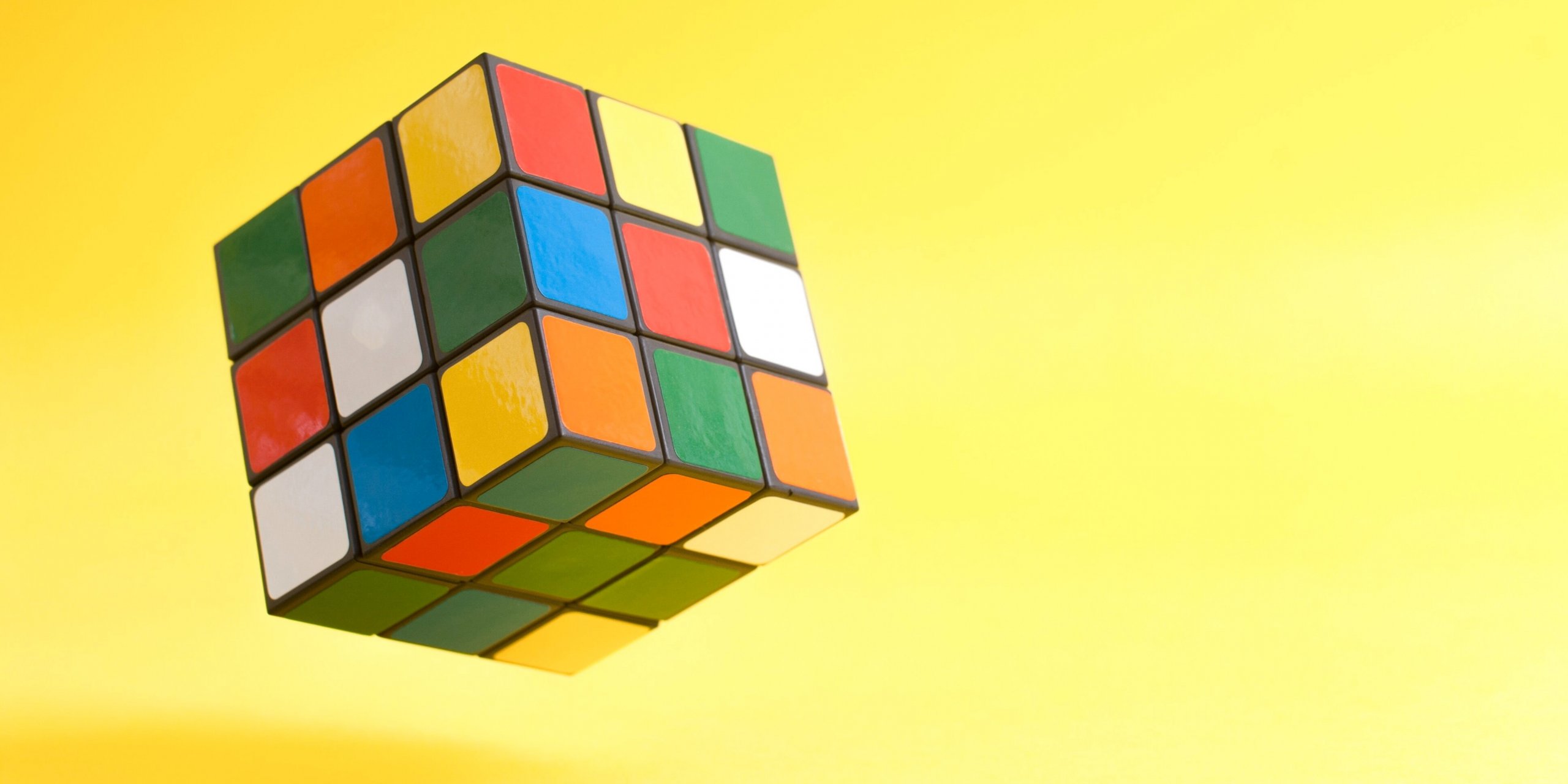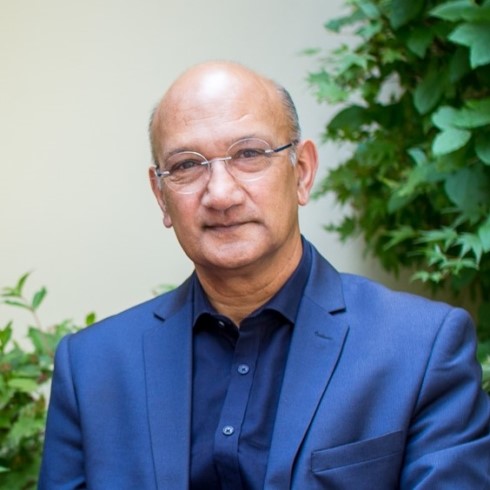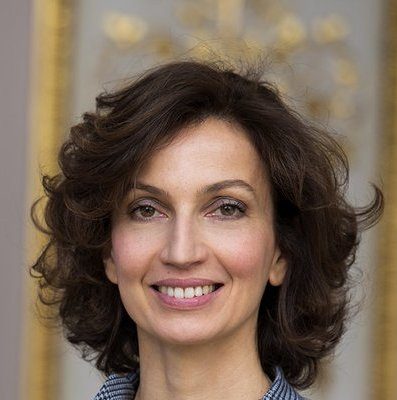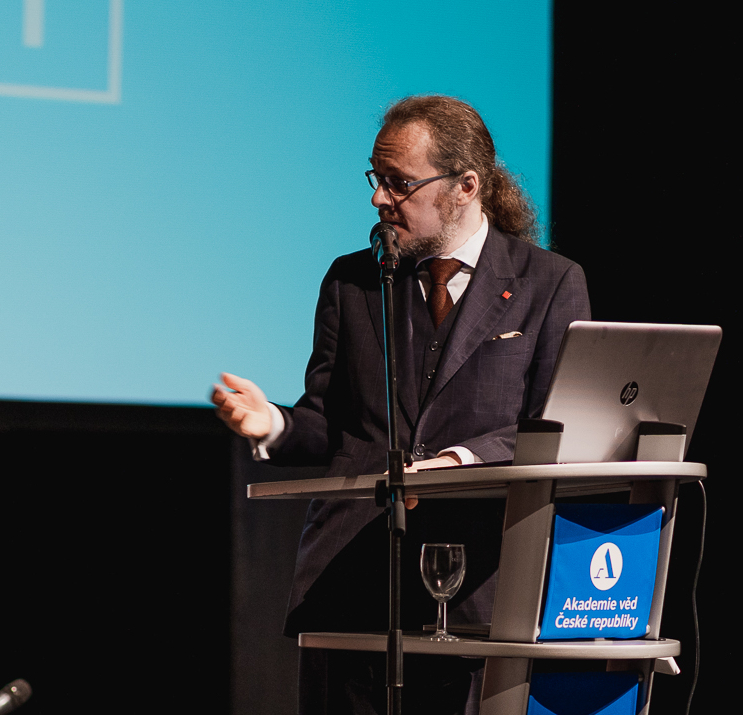
From UNESCO, Paris:
The ability to think is one of the most defining features of humankind. In different cultures, the definition of humanity is associated with concepts such as consciousness, knowledge and reason. According to the classic western tradition, human beings are defined as “rational” or “logical animals”. Logic, as the investigation on the principles of reasoning, has been studied by many civilizations throughout history and, since its earliest formulations, logic has played an important role in the development of philosophy and the sciences.
Despite its undeniable relevance to the development of knowledge, sciences and technologies, there is little public awareness on the importance of logic. The proclamation of World Logic Day by UNESCO, in association with the International Council for Philosophy and Human Sciences (CIPSH), intends to bring the intellectual history, conceptual significance and practical implications of logic to the attention of interdisciplinary science communities and the broader public.
A dynamic and global annual celebration of World Logic Day aims at fostering international cooperation, promoting the development of logic, in both research and teaching, supporting the activities of associations, universities and other institutions involved with logic, and enhancing public understanding of logic and its implications for science, technology and innovation. Furthermore, the celebration of World Logic Day can also contribute to the promotion of a culture of peace, dialogue and mutual understanding, based on the advancement of education and science
Message of Support from Daya Reddy, ISC President
Logic lies at the very heart of rational approaches to understanding the world. It is traditionally a key component of philosophy and mathematics, while it is of central importance within and beyond the natural and social sciences. The dramatic contemporary changes that have accompanied the digital revolution have led to developments in areas such as artificial intelligence in which logic plays an indispensable role.
The International Science Council is committed to supporting the development of all science, and including the full range of disciplines, from the natural and social sciences to the behavioural, data and technological sciences. The Council represents, champions and applies science at global, regional and national levels, and stimulates policies for science that enhance its creativity and maintain its integrity.
The central place of logic in scientific enquiry is unquestioned, and it is therefore vital to promote public understanding not only of science, but in addition of logic and its role in science and technology.
The ISC applauds the inauguration of World Logic Day in 2019 by UNESCO, in association with the International Council for Philosophy and Human Sciences (CIPSH). This special day, on 14th January this year, provides a wonderful opportunity to highlight the importance of logic and its relationship to scientific knowledge. It provides also a further opportunity to combat pseudo- and anti-scientific threats to science, and to build trust in science across all segments of society and among policymakers.

ISC President
Message of Support from Audrey Azoulay, Director-General UNESCO
Logic is ever-present: when you use AI software, when you turn on your computer, when you develop an argument. Logic is a contemporary universal. Yet despite being surrounded by logic, we remain quite unaware of its ubiquity. We often apply logic without knowing that we are doing so. Thus to draw attention to the importance of logic in the development of knowledge, UNESCO has proclaimed 14 January World Logic Day.

Audrey Azoulay
Director-General UNESCO
Photo: Didier Plowy/Ministère de la Culture et de la Communication (CC BY-SA 3.0)
Message from Benedikt Löwe, Secretary General of the Division for Logic, Methodology and Philosophy of Science and Technology at IUHPST
Modern logic transcends its traditional definition of ‘the study of correct reasoning’ – it also studies reasoning that is only adequate in certain contexts or incorrect reasoning that is used to manipulate beliefs. A deeper understanding of these phenomena is currently crucial.

Benedikt Löwe
Secretary General of the Division for Logic, Methodology and Philosophy of Science and Technology of the International Union for History and Philosophy of Science and Technology
Photo: Romana Kovácsová (CC BY-SA 4.0)
Read and hear more about World Logic Day
Photo by Azazello BQ on Unsplash